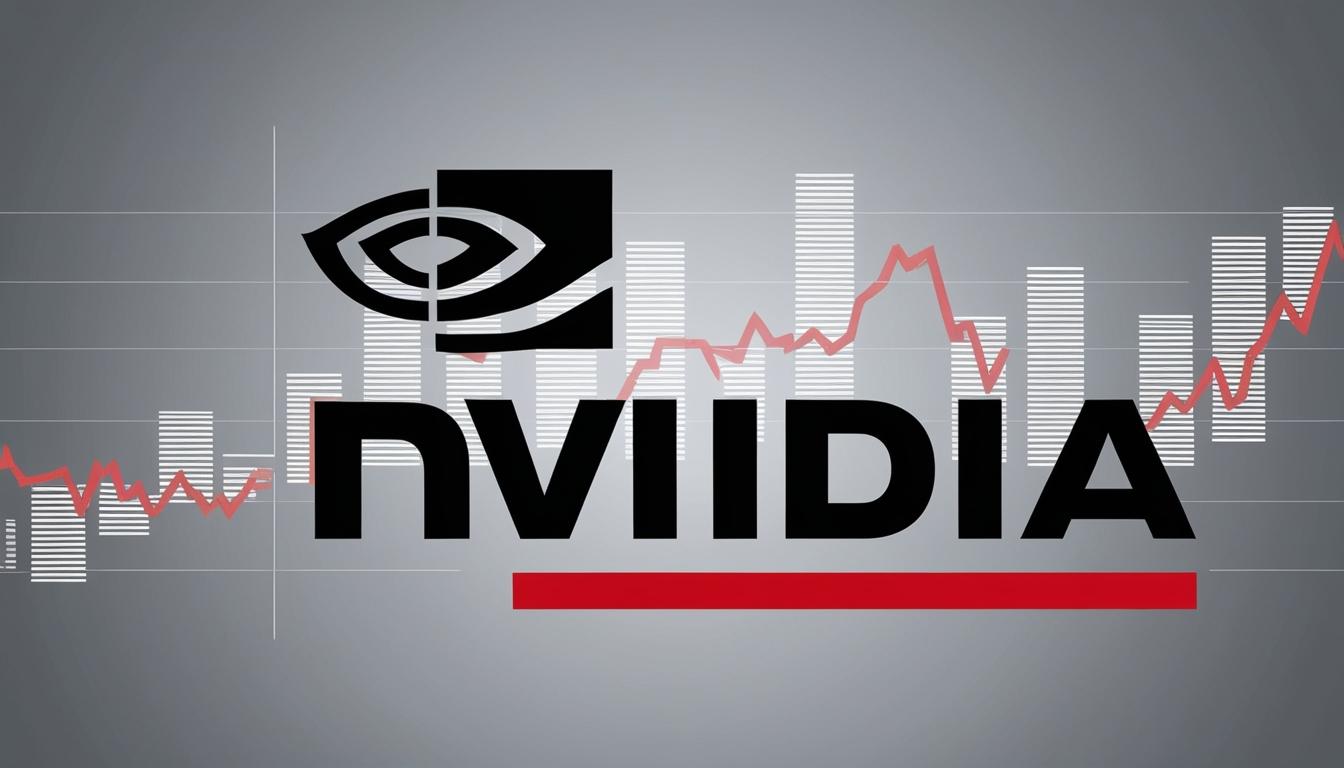US equity markets experienced a downturn on Tuesday, with investors reacting cautiously to recent economic data while keenly observing Nvidia's ambitious plans within the artificial intelligence sector. The S&P 500 index fell approximately 0.7%, and the Nasdaq Composite saw a larger decline of about 1.4%. Meanwhile, the Dow Jones Industrial Average exhibited volatility, ultimately decreasing by about 0.1% in the afternoon session.
The shift in market dynamics coincided with an increase in the 10-year Treasury yield, which rose around 6 basis points to settle just below 4.7%. Expectations regarding the timeline for future interest rate cuts by the Federal Reserve have also been adjusted, with a more cautious outlook emerging.
Notably, early data released on Tuesday by the Institute for Supply Management indicated continued growth within the manufacturing sector for the preceding month. However, the prices paid index surged to a two-year high of 64.4, up from 58.2 previously, heightening concerns regarding inflation. Thomas Ryan, an economist at Capital Economics, conveyed that the rise in prices poses a challenge for the Federal Reserve, as it aligns with the persistence of supercore inflation remaining at 3.5% until mid-next year. He noted, “This serves as a good reminder that the Fed's fight against inflation is not over, particularly going into a year where tariffs and immigration curbs are set to reignite price pressures.”
Further economic indicators highlighted an increase in job openings, as reported by the Job Openings and Labour Turnover Survey (JOLTS), which rose more than expected in November. However, fewer new hires were recorded compared to the previous month, and the quits rate, which reflects worker confidence, decreased from 2.1% in October to 1.9%. These developments set a critical context for the all-important jobs report scheduled for release on Friday. Recent comments from Federal Reserve officials suggest a more deliberate approach to interest rate adjustments in light of the labour market's resilience and enduring inflationary pressure.
In the corporate sector, Nvidia saw a significant reversal in its stock performance, dropping approximately 5% after reaching a record closing price earlier. Nvidia was identified as the worst performer in the Dow during this session. The company's CEO, Jensen Huang, unveiled a new AI superchip among other products in his keynote address at the CES event on Monday. While Nvidia's shares faltered, other chip manufacturers experienced gains, with Micron Technology rising about 4% and various Asian firms also advancing.
The current landscape reflects a dual focus on economic indicators and corporate developments, particularly in the rapidly evolving field of AI technology, as businesses and investors navigate through an intricate economic climate.
Source: Noah Wire Services
